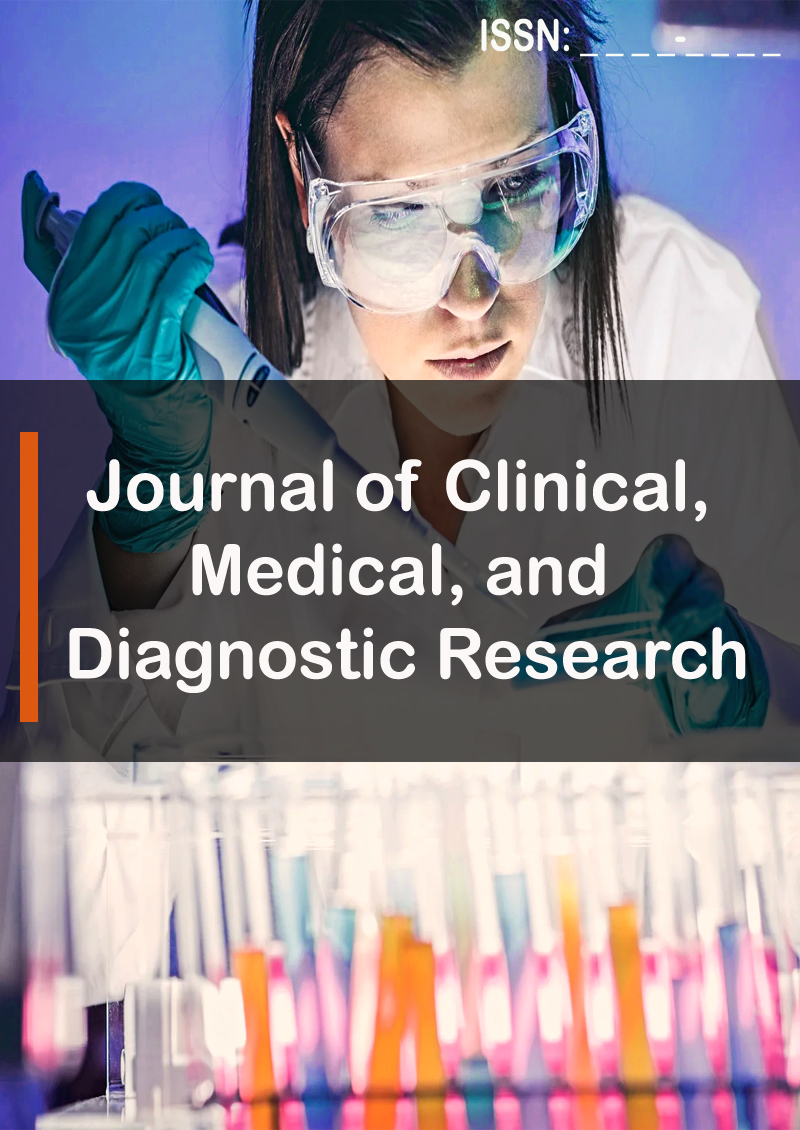Assessment of Antimicrobial Activity of Acacia nilotica Extract against Gram-Positive Bacteria Isolated from Clinical Specimens in Shendi Town, Sudan
Abstract
Leila Mohamed A Abdelgader, Dalia Anwar M Ahmed and Ghanem Mohammed Mahjaf
Background: Acacia nilotica is one of the products used as an antimicrobial agent since ancient times. With the alarming increase of antibiotic-resistant bacterial strains, Acacia nilotica can be an alternative and safe agent that helps in the treatment of these strains.
Objectives: The aim is to evaluate the in vitro antimicrobial activity of different concentrations of Acacia nilotica on gram-positive bacteria isolated from clinical specimens using the agar well diffusion method.
Methodology: This is a prospective cross-sectional study in Shendi City, Sudan, during the period from March 2023 to February 2024. A total of 50 samples were collected from urine and wounds, from which four strains of pathogenic gram-positive bacteria were isolated and identified.
Results: Out of a total of 50 clinical specimens, Staphylococcus aureus 30 (60%), Staphylococcus epidermidis 13 (26%), Staphylococcus saprophyticus 4 (8%), and Enterococcus fecalis 3 (6%). Acacia nilotica showed remarkable antimicrobial activity against all gram-positive cocci bacteria.
Conclusion: The findings of this study showed that Acacia nilotica can be used as an antibacterial agent against gram- positive bacterial strains. The greatest value of the antibacterial effect can be obtained when Acacia nilotica is at a concentration of 100%. As a result, this study established the usefulness of the Acacia nilotica plant as a substitute therapy for bacterial illnesses, one that may be utilized to either totally eradicate or significantly reduce the bacteria's resistance to synthetic antimicrobial drugs.



